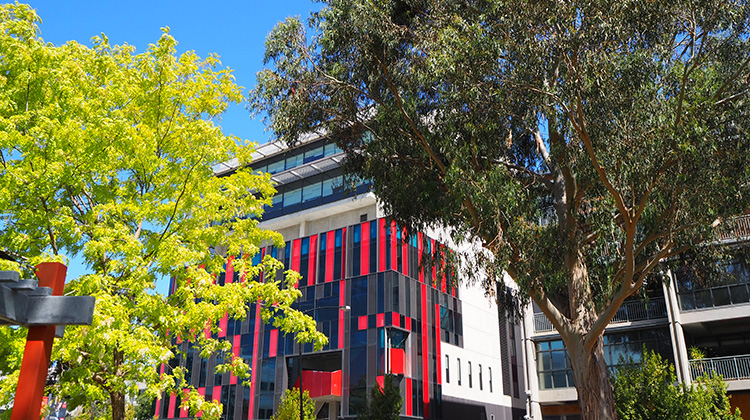A Less Stressful Path to Uni

While Year 12 can be tough, final exams are still a valid way of identifying students who will have a good chance being successful at uni.
That said, early entry programs offer a way to alleviate the pressure and the indications are that students who have been through the process tend to do very well at the tertiary level.
Swinburne originally offered a limited number of places via their Early Entry Program (EEP) because the university wanted to track these students’ performance. Since then, the data have shown that candidates who have been recommended for courses tend to perform.
The university is now confident that it can expand the program to more students for 2023 entry and still see strong academic outcomes.
The EEP was launched in 2020 at Swinburne to address the challenges and disruptions faced by secondary students during the pandemic.
“The course pre-requisites, in addition to the validation provided by the school recommendation form and the student’s responses to the Next Gen_Now Questionnaire, have proved a satisfactory predictor of success to date,” says Tara Magdalinski, Swinburne’s Pro Vice-Chancellor, Education and Quality.
“We certainly see it as a success story. In the last two years, the EEP has seen 1500 Year 12 students receive early offers before their VCE exams. The program provides early reassurance to students before they face their final exams. Given the COVID-19 disruptions VCE students have had to deal with over the last two years, they have particularly valued this added peace of mind. We have been pleased with the outcomes so far.
“We wanted to provide assurance to students that despite their disrupted learning and the additional personal stress that many experienced during lockdown, Swinburne was prepared to look beyond just a single number and provide early assurance that they could pursue the course they had their heart set on,” Magdalinski says.
Students will often say that Year 12 can be stressful and Magdalinski believes that they have appreciated that Swinburne is looking beyond the ATAR as a means of entry into many of its courses.
“What they appear to value most, however, is the early assurance that there is a place for them at university before their exams. Having an early offer in their back pocket helps to ease some of the pressure of exams and assessments towards the end of their secondary school years.
“We have also found that many of our applicants actually do achieve the guaranteed ATAR score for their preferred course, so the EEP offers a useful back up plan.”
Magdalinski says the program leverages the knowledge that teachers have gathered about a student.
“While an ATAR is a valuable measure of student performance, we know it is not the only measure of a student’s aptitude for success in higher education. We’ve found that a recommendation from educators who know the student has proven to be excellent assurance that students will succeed in higher education.”
The EEP relies on a personal recommendation from a principal or another senior representative from a candidate’s school to provide confidence that students have the aptitude for higher education study.
“We find that schools are honest in their appraisal of students’ prospect of success at university and provide a frank overview of their strengths and abilities.
“The student also completes our Next Gen_Now questionnaire, which gives us an insight into their experience, their future aspirations and how they believe the course can help them make an impact in the world.”
The School Recommendation and the Next Gen_Now questionnaire are assessed together, after which early offers are made to successful applicants.
“It is important to note that the early offer is conditional, and students must still complete their VCE, meet course pre-requisites (such as 25 in VCE English), and preference the Swinburne course in VTAC.”